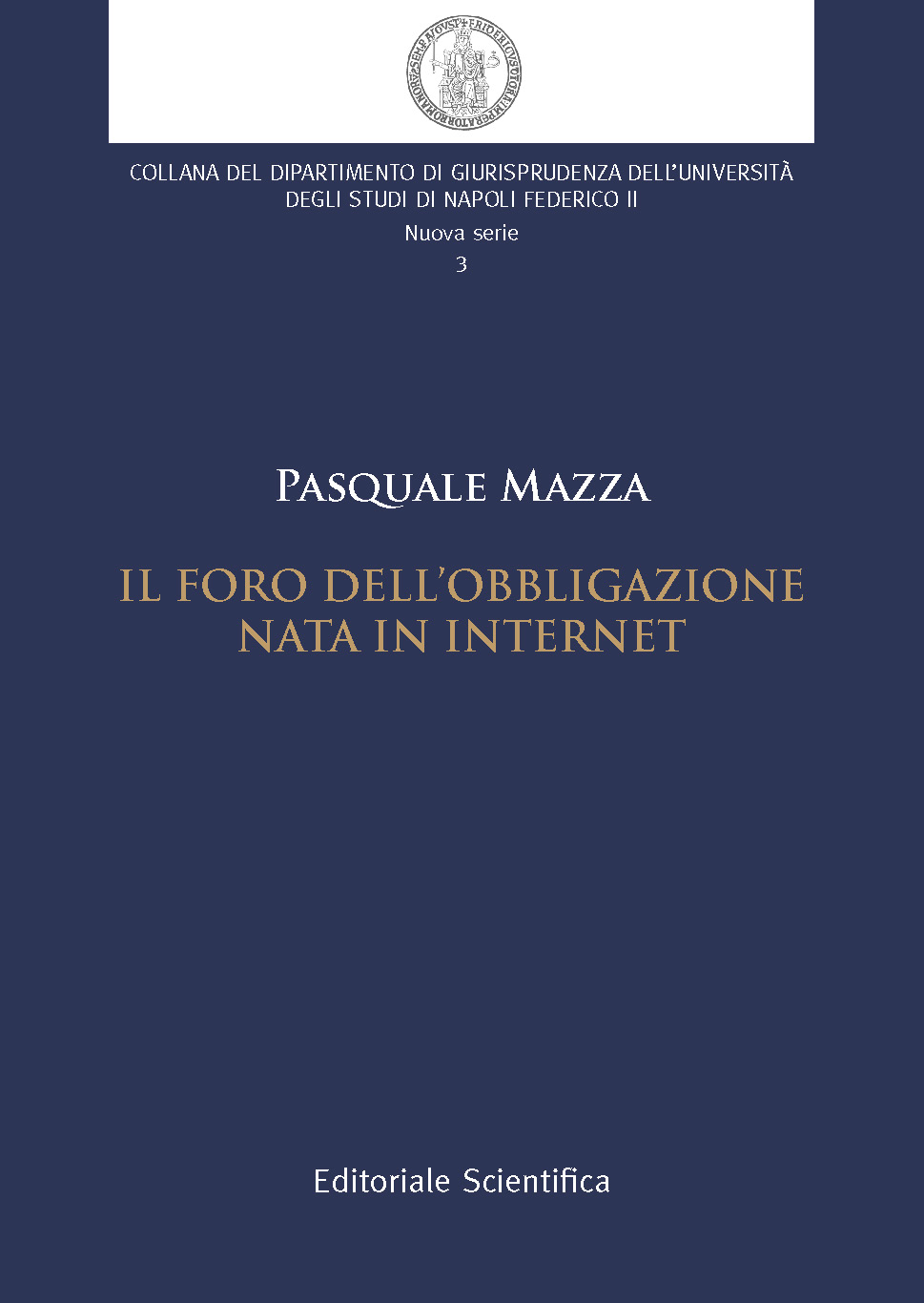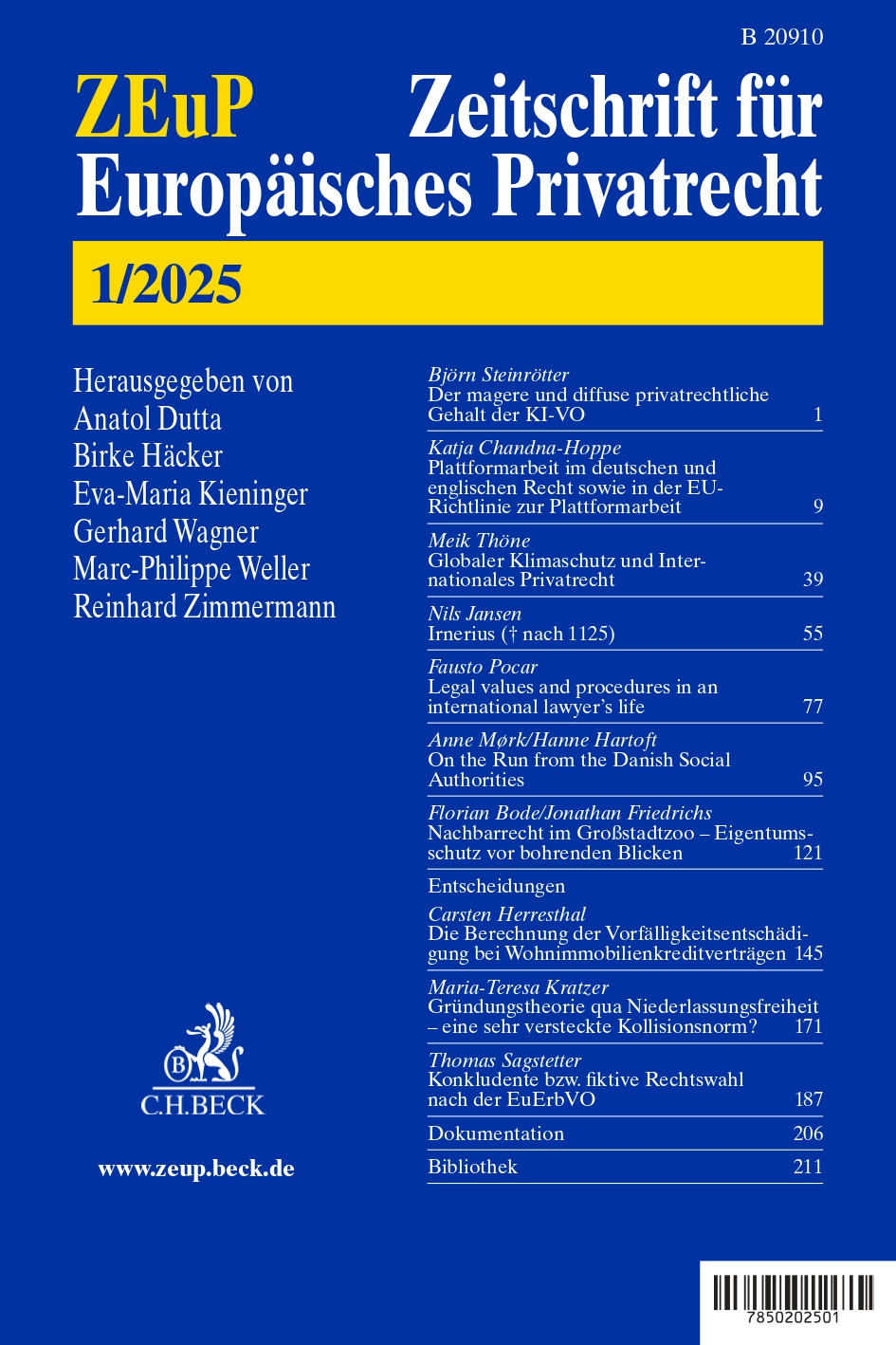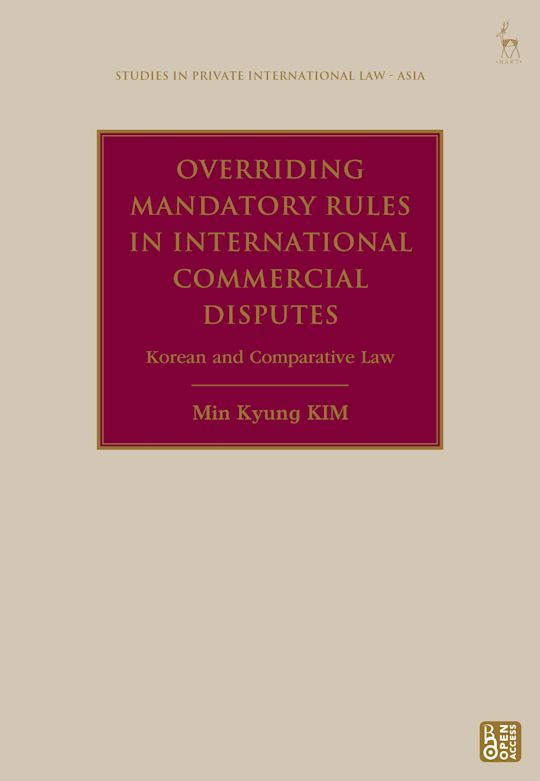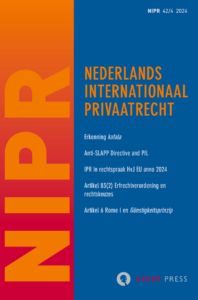A recent study by the Law Commission of England and Wales has resulted in proposed amendments to the Arbitration Act 1996 that include a default rule that an arbitration agreement will be governed by the law of England and Wales if the arbitration is seated in that territory. Given the importance of London as an arbitration center, this has implications for many international commercial contracts.
In his new article, Professor Ron Brand from the University of Pittsburgh School of Law challenges the premise behind the proposed amendment that there is a single “law of the arbitration agreement.” Instead, he demonstrates that there are multiple laws applicable to an arbitration agreement. He explains this multiplicity of applicable laws by considering the possible grounds for challenge of jurisdiction of an arbitral tribunal based on the arbitration agreement. Such an analysis demonstrates that very different laws may apply to questions of the existence, formal validity, substantive validity, scope, and exclusivity of an arbitration agreement. He reviews these issues in the broader context of choice of forum clauses generally, including both arbitration and choice of court agreements, and then considers a hypothetical international commercial transaction in which questions might arise about the first four of these five jurisdictional questions – demonstrating both the problems with the idea of a single “law of the arbitration agreement,” as well as the practical impact and importance of well-drafted choice of forum agreements, including provisions on choice of law. Although prompted by the proposed change in English law, this discussion has implications for the law in every jurisdiction regarding agreements to arbitrate, indicating that both transaction planners and dispute resolution lawyers need to be cognizant of the laws applicable to arbitration and choice of court agreements.
The article is available here.


 The following contributions might be of particular interest for the readers of this blog:
The following contributions might be of particular interest for the readers of this blog: 

